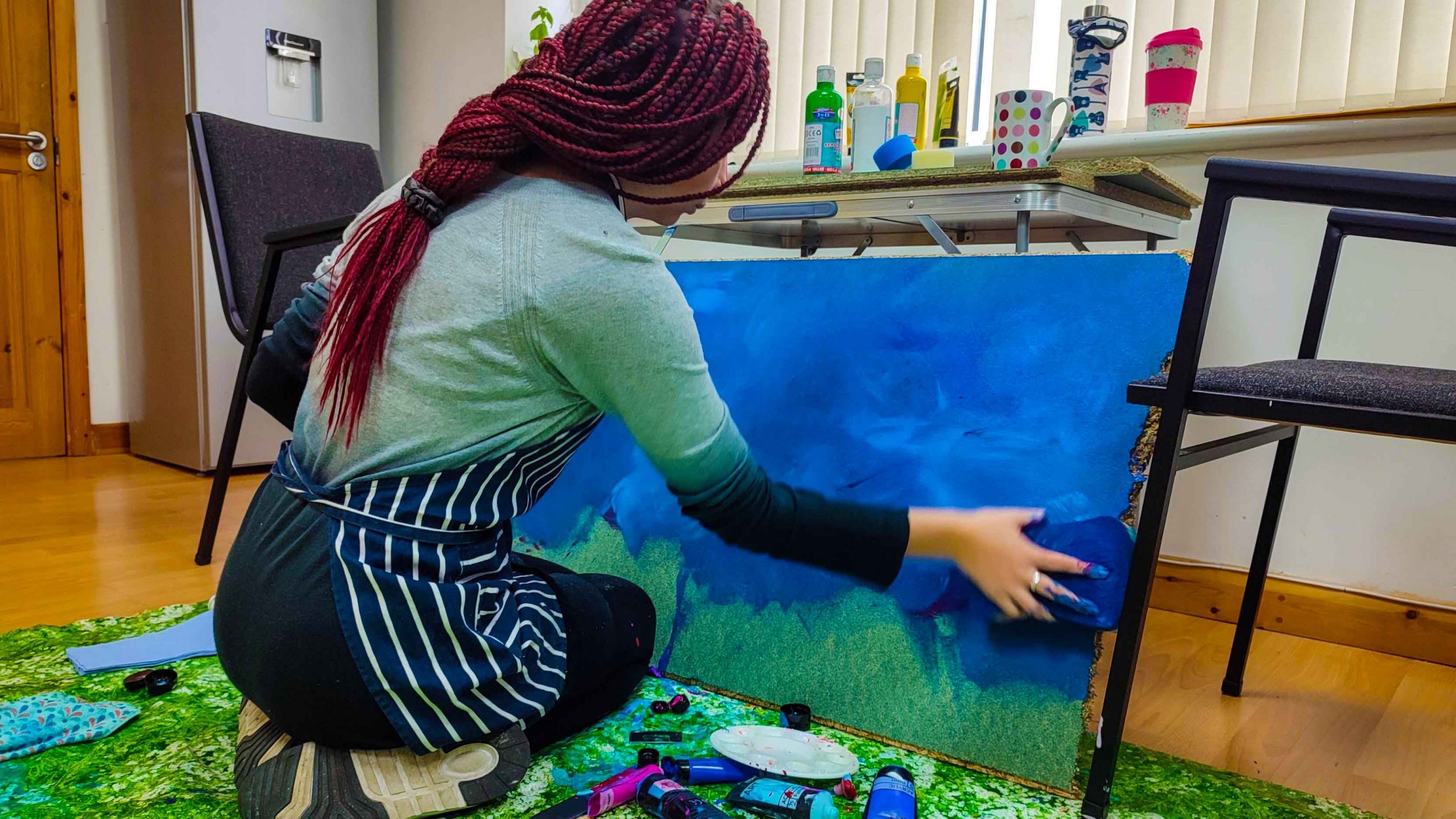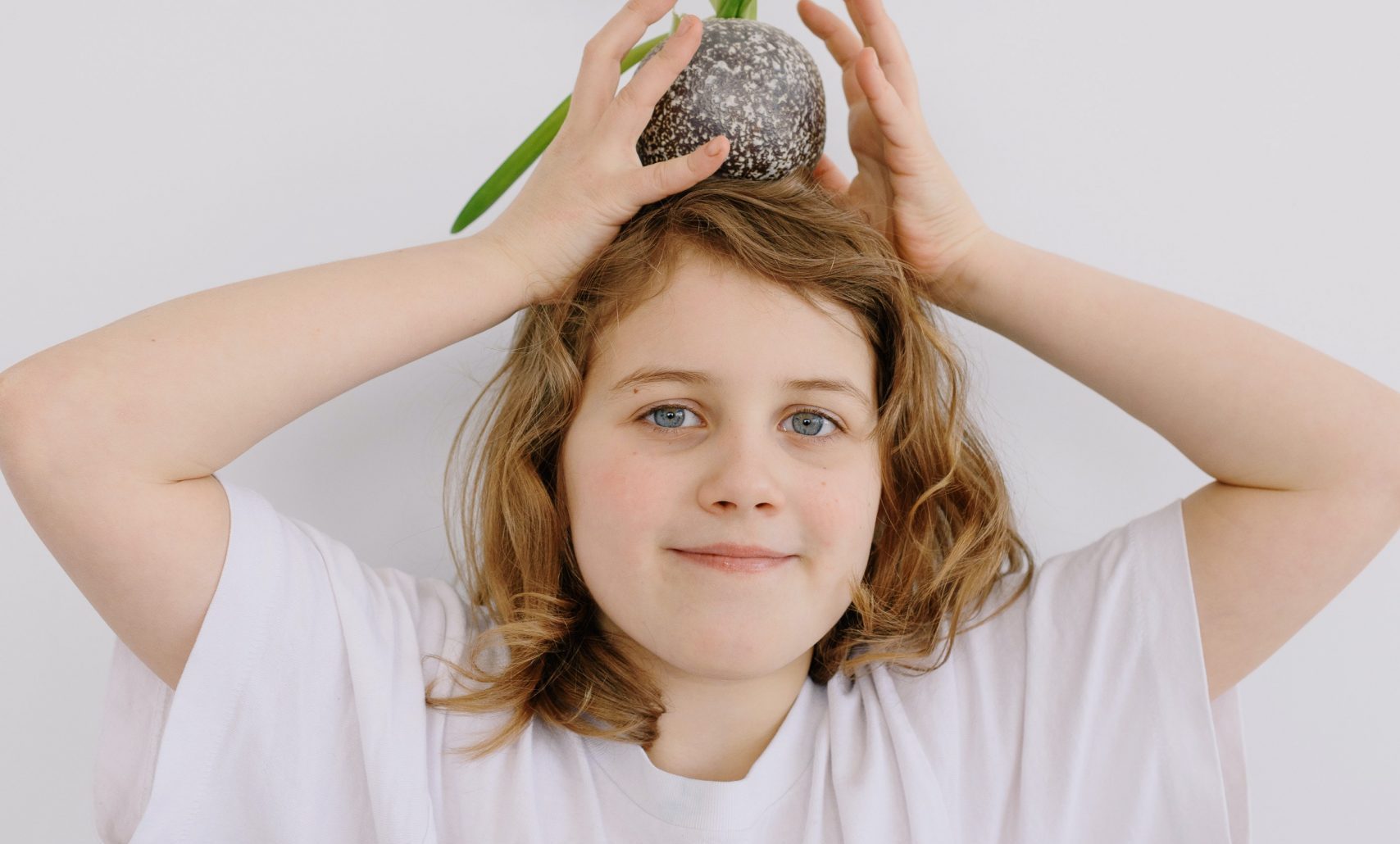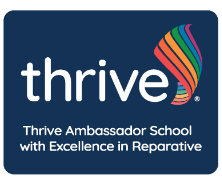The Thrive Approach

What is The Thrive Approach?
The Thrive Approach is a specific way of working with all children and young people that helps to develop their social and emotional wellbeing, enabling them to engage with life and learning.

How Does it Work?
Our licensed Thrive Practitioners use the Thrive-Online tool. Thrive-Online enables practitioners to gather and apply data relating to an individuals social and emotional development.

What Does Tuition Extra Do?
We create individual detailed action plans, with a raft of strategies and age-appropriate activities included in lessons that will support social and emotional development – building resilience.
The Thrive Approach
How our Tutors utilise Thrive
The Thrive Approach is a method of working that supports a young person’s emotional development in order to build their sense of identity, resilience and self regulation. Thrive underpins the wellbeing of students, enabling them to engage, or to re-engage, with education and make confident academic progress.
Our teaching staff are trained to apply the principles of the Thrive Approach in order to meet each young person’s unmet needs. By understanding the individual behind the presentation of behaviour, we are able to support a student’s ability to flourish personally and academically, building success and confidence.
100% of students on the Tuition Extra ‘Thrive Approach’ course made progress socially and emotionally, resulting in reparative resilience.
The Impact of Tuition Extra
“Tuition Extra provides a truly bespoke service to children and young people who may have struggled to access mainstream education. By recognising the individual needs of each child or young person, the team are achieving amazing results and are supporting young people to re-engage with education and with life. Ruth and her colleagues richly-deserve this award and it is inspirational to hear about the work they are doing for young people’s mental wellbeing.”
Mel Fisher, Thrive’s Relationship Manager for the South East, East and London. Read more.
How we Incorporate The Thrive Approach!
By focusing activities in a kinaesthetic way, our Thrive Approach practitioners play and deliver sessions side-by-side with our young people. Students have the freedom to explore, experiment, and build emotional development through sensory stimulation. Utilising fine motor skills is fantastic for the brain and memory development, elements that are vital for emotional growth and regulation.
Play encourages communication, turn-taking and social rules of engagement; there is no right or wrong way to play and the Thrive Approach ensures that vulnerable or distressed children feel safe and able to engage with learning.
These activities range from horse riding, art projects, carpentry, horticulture, bush-craft activities in our forest school, to mixing beats in the recording studio, creating unique hairstyles in the Tuition Extra salon or cooking in our catering suite!
Join our Family Thrive!

What is Family Thrive?
Our Family Thrive course offers parents, carers and professionals an opportunity to understand the neuroscience behind child and teenage brain development.

What is the Impact?
The Thrive course shares valuable insights into the neuro complexities of the young brain, offering game-changing strategies and a guiding hand in relation to our working relationships with youngsters.

How do I Join?
Contact our Family Thrive lead Amanda today!

Amanda Thompson
Group Thrive approach lead & trainer
Amanda is our Thrive Lead & Trainer. She is a qualified Family Thrive Trainer, Adolescent Course Lead and Early Years practitioner, with a Level 3 NVQ SEN and Young Adults certification.
Family Thrive Group Trainer
Thrive Group Trainer (Childhood - Adolescence)
NVQ 3 Child & Adolescent SEN
Leith’s Advanced Diploma
Prule Leith Food and Wine Advanced Diploma
Tuition Extra’s Wellbeing & Animals Therapy Provision
The neuroscience of linking social and emotional needs with animal support and therapeutics, creates a channel for healing and confidence development for many of our students. Animals are sensitive and intuitive, understanding on a deep level the emotional anxiety, pain and needs of the individuals that they work with.
The Tuition Extra Group is proud to host its beautiful outside learning provision at its Maypole Farm site in Hoath, situated a short distance from Canterbury city centre. The farm has a range of animals great and small, from horses to goats, pigs to chickens, as well as sheep, dogs, rabbits and guinea pigs. All of our animals are rescued or rehomed, and are trained as animal therapists to support our students.
Animals are non-judgmental. They calm a person’s anxious brain, encouraging the release of dopamine which neutralises stress and the chemical cortisol (fight, flight and freeze). Hugging a dog, working with a horse or engaging with our many intutitive animals releases serotonin and oxytocin, feel-good chemicals that make us feel calm and regulated.
Simply being with animals regulates and lowers our students’ heart rates and stress hormones, improving social interaction, bonding, trust and attachment whilst decreasing aggression and dysregulation.
Contact Us
Refer a child or young person!
Tuition Extra
Unit 8 Roper Yard
Canterbury
Kent
CT2 7EX

